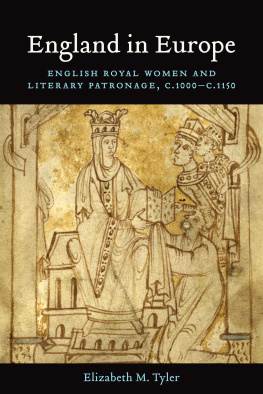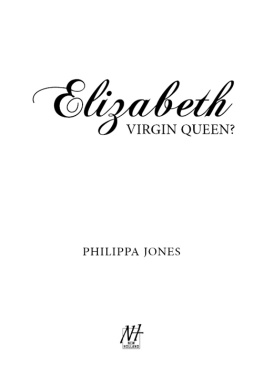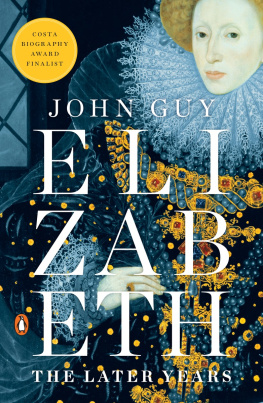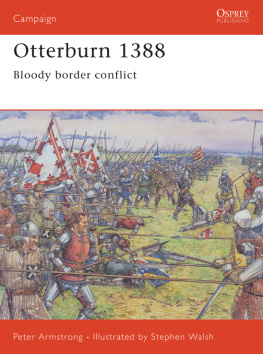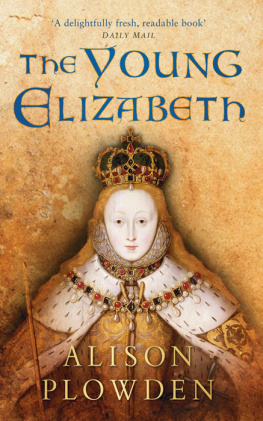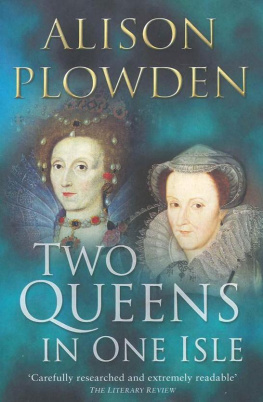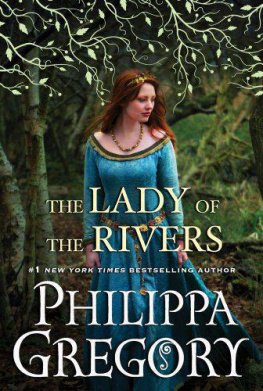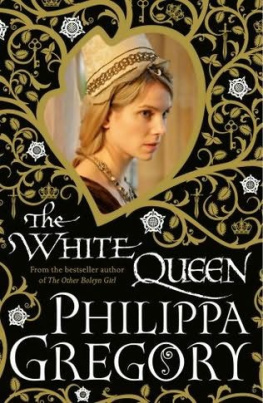
FROISSART: CHRONICLES
Jean Froissart was born in Valenciennes (c. 1337) and came to England in 1361, where he joined the entourage of Edward IIIs Queen, Philippa of Hainaut. Whilst in England he journeyed to Scotland and the Welsh Marches and revisited the Continent several times. In 1368 he went in the wedding retinue of Lionel of Clarence to Italy Chaucer was in the same party and it is possible that he at least glimpsed Petrarch. Coming back he received the news that Queen Philippa had died and so decided to remain in the Netherlands, where he enjoyed the patronage of Wenceslas of Bohemia, Robert of Namur, and Guy de Chntillon, under whose protection he took holy orders. He visited the brilliant court of Gaston Phbus, Count of Foix, in 1388, and in 1395 went back to England to be welcomed by Richard II. Five years later he recorded that monarchs downfall. His first book of the Chroniques was published in three versions, the second book was completed by 1388 and the third in 1390. He was revising the fourth when he died in c. 1410.
Geoffrey Brereton, born in 1906, took a first degree at Oxford in Modern Languages, and later received a Doctorat dUniversit at the Sorbonne. He spent some twelve years teaching in schools and universities and concurrently practised journalism and other writing. As a young journalist he reported on the Spanish Civil war for the New Statesman and was later attached to General Eisenhowers North African H.Q. as press officer and director of allied broadcasts in French from Algiers.
Returning to the B.B.C., from which he had been seconded, he soon abandoned political journalism to concentrate on literature proper. His books include A Short History of French Literature (rev. ed., 1976), An Introduction to the French Poets (rev. ed., 1973), Principles of Tragedy (1969), French Tragic Drama in the Sixteenth and Seventeenth Centuries (1973), and French Comic Drama from the Sixteenth to the Eighteenth Century (1977). He translated or edited several modern dramatists, from Claudel to Sartre and Adamov, and also the poems in the 16th18thcentury section of The Penguin Book of French Verse. He was a Fellow of the Royal Society of Literature. Geoffrey Brereton died in 1979.
JEAN FROISSART
Chronicles
Selected, Translated and Edited by
GEOFFREY BRERETON
PENGUIN BOOKS
PENGUIN BOOKS
Published by the Penguin Group
Penguin Books Ltd, 80 Strand, London WC2R 0RL, England
Penguin Group (USA) Inc., 375 Hudson Street, New York, New York 10014, USA
Penguin Books Australia Ltd, 250 Camberwell Road, Camberwell, Victoria 3124, Australia
Penguin Books Canada Ltd, 10 Alcorn Avenue, Toronto, Ontario, Canada M4V 3B2
Penguin Books India (P) Ltd, 11 Community Centre, Panchsheel Park, New Delhi 110 017, India
Penguin Books (NZ) Ltd, Cnr Rosedale and Airborne Roads, Albany, Aukland, New Zealand
Penguin Books (South Africa) (Pty) Ltd, 24 Sturdee Avenue, Rosebank 2196, South Africa
Penguin Books Ltd, Registered Offices: 80 Strand, London WC2R 0RL, England
www.penguin.com
This translation first published 1968
Reprinted with minor corrections 1978
21
Copyright Geoffrey Brereton, 1968, 1978
All rights reserved
Except in the United States of America, this book is sold subject to the condition that it shall not, by way of trade or otherwise, be lent, re-sold, hired out, or otherwise circulated without the publishers prior consent in any form of binding or cover other than that in which it is published and without a similar condition including this
condition being imposed on the subsequent purchaser
EISBN: 9781101489284
Contents
Introduction
FROISSART, sometimes loosely described as the historian of the Hundred Years War (he was both more and less than that), was one of the greatest of the medieval European writers. In his own century, the fourteenth, it is not easy to see anyone who can be put beside him as a prose-writer. But the literary language of the day was still predominantly verse, and prose was still regarded as something of a utility medium. Because of this and because Froissart is known principally for his descriptions of warfare an absorbing but ultimately limiting topic it has not always been realized that he offers a range of interest not so greatly inferior to that of Chaucer, his almost exact contemporary, or that his Chronicles reveal the same kind of human and social curiosity which underlies the Canterbury Tales. Froissart also wrote verse, prolifically but not very memorably, but it is for the Chronicles, that vast work to which he devoted most of his life, that he is rightly read and remembered.
In one sense, Froissart was the first of the great war-reporters. To say this is to compare his work less to the day-to-day despatches filed for a newspaper deadline than to the books written afterwards by the best of modern correspondents, based on a combination of personal experience, reflection and research. If one described Froissart as the earliest great journalist, this would be no disparagement of his literary merits. It would simply mark the difference between a naturally extrovert writer and an introvert such as another of his contemporaries, Petrarch. Both produced literature, and the dedication and skill which went into a few pages of action description by Froissart were not less than Petrarch displayed in some analysis of emotion in a sonnet.
Jean Froissart was born, probably in 1337, a prosperous town now in north-east France, but then in the independent County of Hainault. While his birthplace lay near to territory ruled by the Kings of France and his language was French, his nationality was not. What is known of his family indicates that they were local business-people, with a strong interest in money-lending, and that Froissart was expected to follow the same career. He gravitated instead towards court life, helped by his facility for writing verse, which would give him a place among the minstrels and clerks maintained by most of the great households. His first patron was quite possibly John of Hainault, the uncle of the ruling Count, though there is no certainty about these early years. In his twenties he went to the court of England, a fairly natural move for a citizen of the Netherlands. The two countries had close connexions based on common trading interests, alliances directed against France and dynastic marriages. Philippa of Hainault, who had become Queen of England by her early marriage to Edward III, took him into her service as one of her household clerks.
According to his own statement, turbulent family had once possessed vast estates in the region. During that period he revisited the Continent several times, staying both in Valenciennes and Brussels, the capital of Brabant, and establishing or strengthening his connexions with the ruling houses of the Netherlands. Since there was then peace between France and England, he could also travel through French territory, at the risk only of falling in with the bandit soldiers of the Free Companies, and he went south to Avignon and west to Brittany. From Brittany he travelled, apparently overland, to Aquitaine, which the Black Prince was ruling as his fathers viceroy. Froissart was present in Bordeaux, sitting at table, he says, when the future Richard II was born there at the beginning of 1367.
In the following year he was a member of the English party which went to Italy with Edward IIIs second son, Lionel of Clarence, for his marriage to Violante Visconti of Milan. Geoffrey Chaucer was in the same retinue. Petrarch, considerably senior to both of them in years and reputation, was an honoured guest at the feasts. There is no record that any of them exchanged a word or made the slightest personal impression on the others. Froissart mentions Petrarch nowhere and Chaucer only once, as a member of a diplomatic mission in 1376. Since court circles were restricted, he may well have been acquainted with him in 1368, but it would only have been as a young official. Neither had yet written their important works.
Next page



